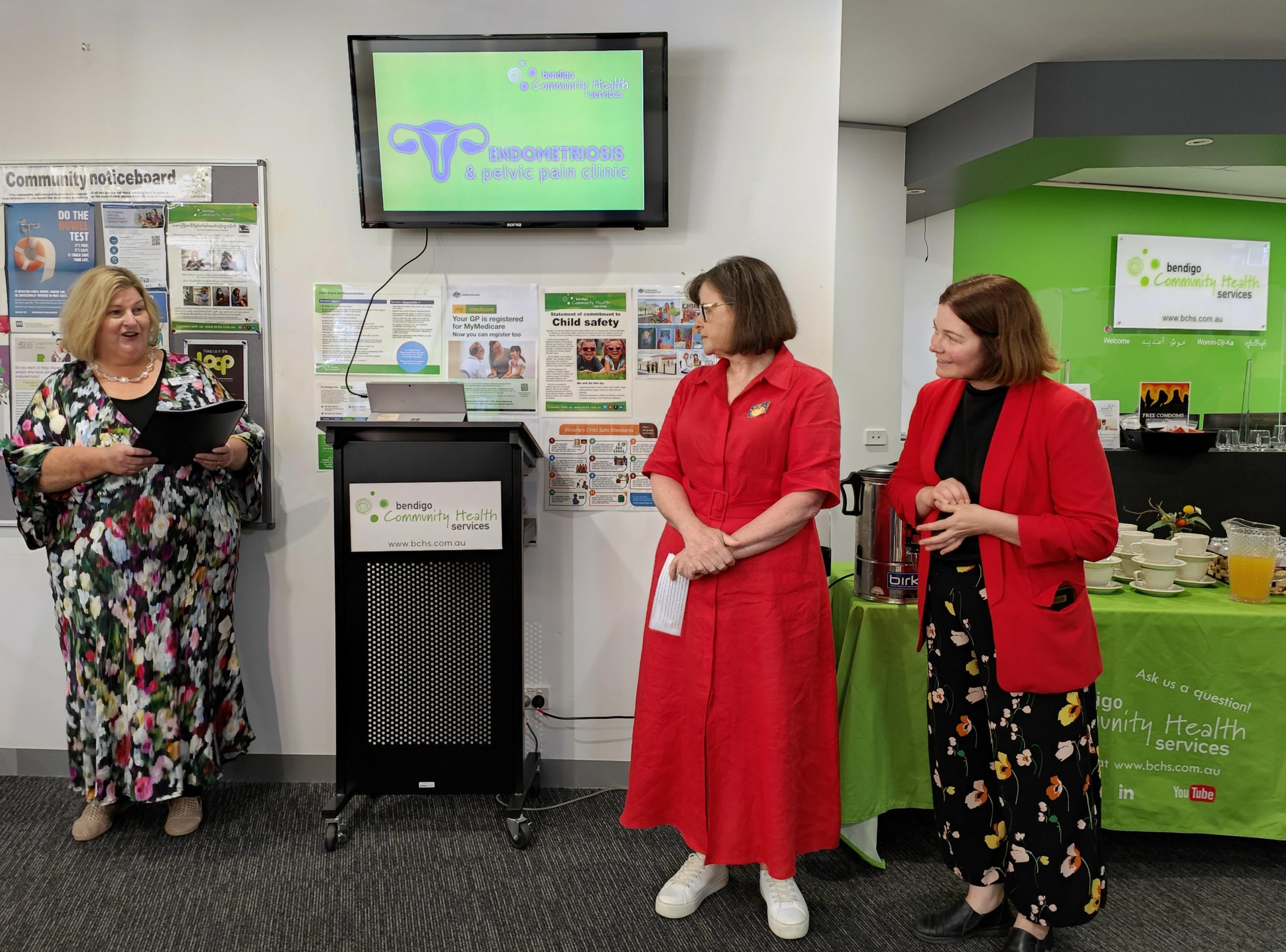With the knowledge of what women and girls face daily through the feedback and its dedicated Endometriosis and Pelvic Pain Clinic, The BCHS submission made six recommendations:
- Integrated education and training on women’s reproductive experiences across the community, workplaces and within health professionals’ curriculum.
- Use co-design methods to develop culturally-appropriate education resources.
- Develop comprehensive strategies that address the cultural gender bias as it relates to under or misdiagnosis and treatment of women’s pain.
- Create a culture that listens, believes and validates women’s experiences.
- Implement value-based, person-centred service delivery models.
- Create additional MBS item numbers that recognise the added cost of lengthy consultations, including for professional services provided by nurses, allied health professionals, and specialist pain management psychologists.
BCHS CEO Mandy Hutchinson said she was proud of the submission.
“The recommendations, proposed solutions and implementation strategies we have made reflect BCHS’ values and vision for equitable healthcare. It’s informative, purposeful and takes into account the experiences of women and girls from myriad of backgrounds.
“The impact of women’s pain extends beyond medical diagnoses, with employment, social relationships, and mental health all profoundly affected. We can already see, through our Endometriosis and Pelvic Pain Clinic, just how much of a difference the right type of care can make.
“It’s multi-disciplinary and person-centric and in its first six months the clinic has received 95 referrals. Just think of the difference that is already being made to the lives of those 95 women and everyone connected to them.”
BCHS’ proposed solutions and implementation strategies to its submission recommendations include:
- Enhanced medical training
- Public education campaigns and initiatives
- Workplace policies and policy advocacy
- Funding and healthcare policy reform
- Specialised health hubs
- Research and advocacy
- Community engagement
- Workplace collaboration.
The state government’s Inquiry into Women’s Pain was launched after the scathing Listening to Women’s Voices Report revealed that 40% of women admitted to living with chronic pain with one third of participants saying they had experienced insensitive and dismissive practitioners when seeking pain care.
When the report was released, Premier Jacinta Allan said women deserve better care.
“It’s time we stopped treating women’s health like some kind of niche issue.”
The inquiry, which aims to address challenges faced by women and girls seeking pain care, asked Victorians to share their experiences of pain and pain management, with the survey and submissions closing on July 31. Community forums are ongoing with one set to be held in Bendigo on Friday, August 23.
A final report of the Inquiry into Women’s Pain will be given to the Victorian Women’s Health Advisory Council by December 2024.
